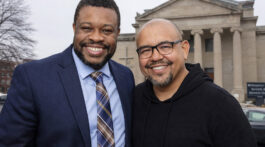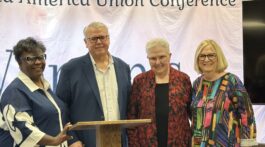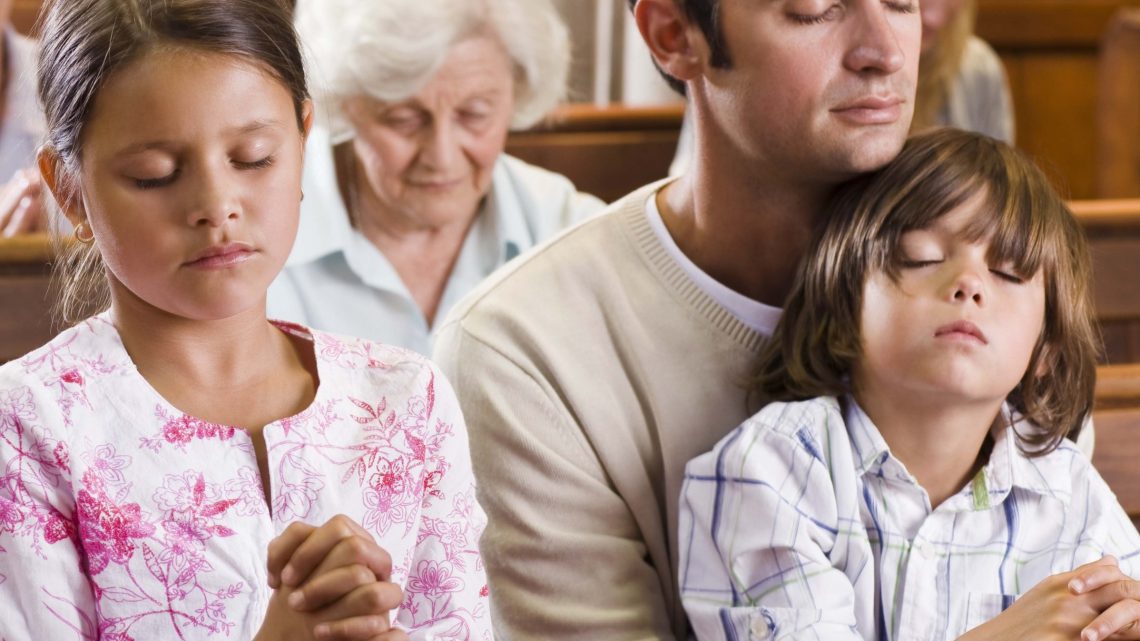No one in Seventh-day Adventist churches, besides the pastor, has more influence than an elder. Who better, then, to provide insight into the best ways to support our pastors? With that in mind, OUTLOOK editor Martin Weber asked each president of Mid-America’s six local conferences to select two elders—one from a larger church and another from a smaller church—who represent the excellence and spirituality of their calling. Eleven responded to our request for an interview. In this nine-part series, these elders share their wisdom on how to make pastoral appreciation a practical, year-round experience in our churches.
OUTLOOK: What do you think is the most helpful thing you do for your pastor?
Nigel Abrahams (Lifesource Adventist Fellowship, Denver, CO): NA: Prayer and consistency of the message. Prayer needs no explanation but cannot go unsaid. As for the consistency, I don’t mean to suggest blind submission; however, assuming you and your pastor are in agreement, the pastor’s leadership is significantly bolstered when the lay leadership echoes the message.
JoAnn Arnold (Bismarck, ND): First of all, pray for him and his family every day. I do my best to keep him apprised of the needs of the congregation that I am aware of, or that other elders share with me. I try to be there to assist him with whatever situation may arise and fill in for him, as needed, ministering to our congregation’s needs when he is gone.
Steve Bascom (Gutherie Center, IA): I try to keep him informed and provide history and background about members’ previous problems.
Joe Bates (Aitkin, MN): I recognize that his schedule is very demanding and try to bring only the most important issues to him. I try to resolve any issue before calling him in on it.
Alan Brass (Colorado Springs Central, CO): I do my best to always answer in the affirmative when he has a problem and needs me to do something for him.
Bobby Franklin (Claremont, Pueblo, CO): Pray and support.
Jenni Glass (New Haven, Kansas City, KS): I think the most helpful thing I do for my pastors is just to be available for them. It can be as simple as handing out flowers at church after a baptism or baby dedication. They need to know they have someone they can count on at anytime to jump in and get the job done.
Michael Kelsey (St. Louis Central, MO): Every pastor is different. I try to find ways to complement my pastor’s own gifts. That way he can concentrate on excelling at his strengths. I say “try” because I have my own gifts and limitations and may not be helpful in a given area, but I believe the Holy Spirit gives gifts to the church, and He will ensure we have all we need to fulfill our commission.
Gina Olberg (Andover, MN): To be dependable, to explain the history and culture of the congregation—how things are generally done, viewed, typical expectation for process. I also really try to present the pastor in a positive light to people. Not that that has been difficult to do because our congregation has always been so fortunate to get really wonderful pastors and their families. We have been so blessed.
Merlin Wehling (Kearney, NE): Pray for them and the church direction. Also modeling support for new ideas and changes initiated by the pastor.
Kathy Widicker (Bowdon Country Church, ND): Uphold the pastor and his family in prayer. Encourage him and be willing to be a “sounding board” if the need arises.
For more questions and comments from local church elders click here.










